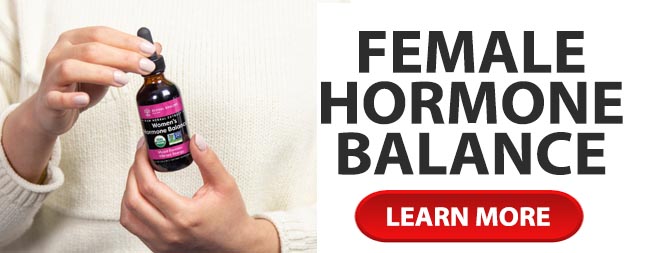Infertility affects more than 6 million adults who are trying to get pregnant. There are many factors that affect a person’s fertility from their weight, stress level and age to structural and hormonal issues. Men and women are turning to alternative therapies to improve their chances of conceiving a child while still using standard Western medicine. Acupuncture is one of those options.
Acupuncture dates back thousands of years to the Chinese culture. It is gaining validity with Western physicians who have found through multiple studies that it is helpful in treating patients who suffer from certain ailments as well as changing behavior patterns. For instance acupuncture has been successful with pain management, smoking cessation programs and weight loss. (1,2)
Although there are studies that show that acupuncture is effective, there has been no conclusive explanation as to HOW it works. The practice continues to be somewhat controversial because these pathways do not correspond to other body system pathways such as the neurological pathways or blood vessels.
Hundreds of years ago Jesuit Monks brought the knowledge of acupuncture from China to France where it quickly spread through Europe. Acupuncture has only begun to be widely practiced through the United States in the past 20 years. It is based on a belief that a balance in the energy flow through the body is necessary to stay healthy. When there is a blockage or imbalance your health is negatively impacted. These different acupuncture pathways are accessible through 400 different points.
The trained acupuncturist takes a history of your particular health issues and concerns. Based on your individualized needs, a combination of points are stimulated using acupuncture needles. The needles vary in length and depth that they are inserted. The procedure is done under a sterile environment to decrease the risk of infection. The theory is that stimulating the points will release the energy and the flow is rebalanced.
Acupuncture and infertility can be alternative or complementary way of treating fertility. Used alone acupuncture is most effective for those experiencing a functional problem like irregular ovulation rather than structural like a blocked sperm duct.
Some Chinese practitioners also recommend herbs to supplement the acupuncture and any other treatment you may be receiving. If you plan to use herbs with your acupuncture and infertility while taking standard medication be sure to tell you doctor. Herbs are medications and can affect the way anything else you take works.
The efficacy of acupuncture and infertility treatments is still debatable. Most practitioners will say that it helps by regulating the system and aiding in blood supply to the reproductive organs and stabilizing the hormone levels. In both a German study in 2002 and an American study woman who used acupuncture during IVF treatments had better success rates than woman who didn’t use acupuncture as a complementary treatment.
(1) The American Journal of Medicine: Alternative Smoking Cessation Aids: A meta-analysis of Randomized Controlled Trials
(2) National Center for Complementary and Alternative Medicine: Acupuncture for Pain

